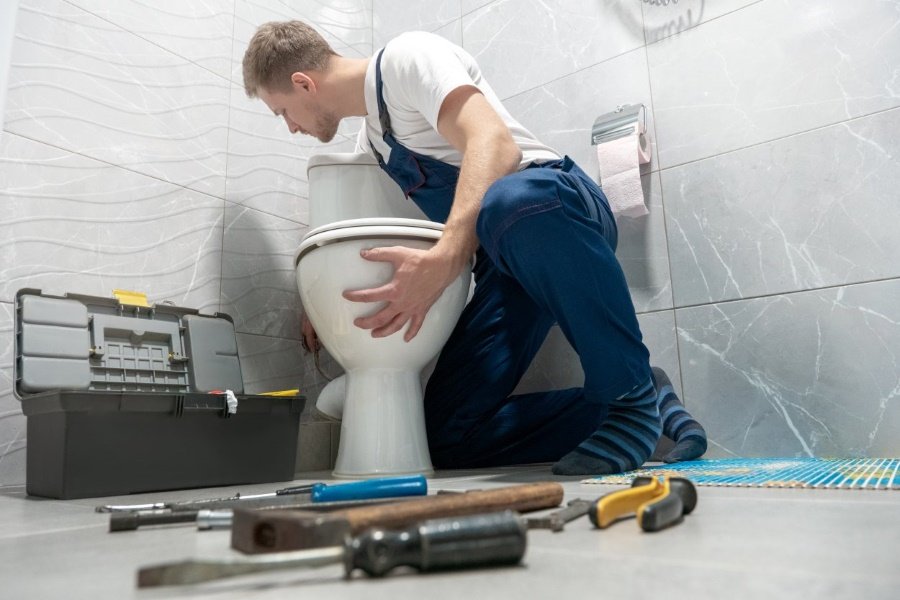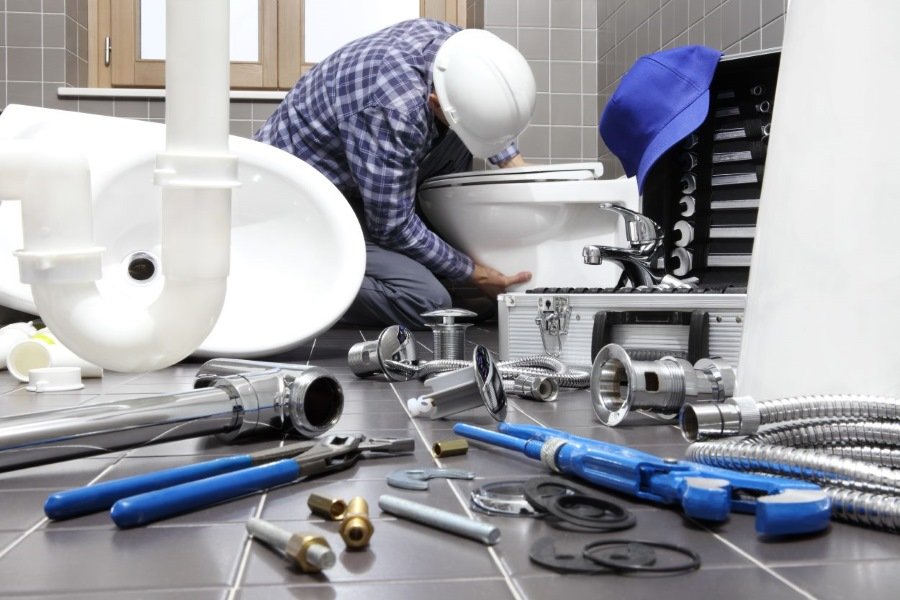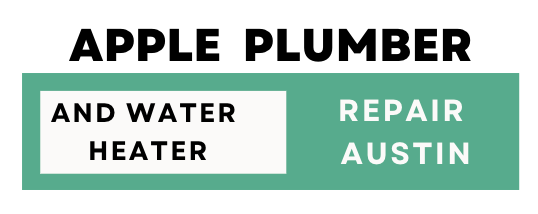Plumbing Emergencies – Austin,TX
CALL FOR AN ESTIMATE
Is toilet not flushing an emergency?
Whether a toilet not flushing constitutes an emergency depends on several factors:
1. Severity of the issue: If the toilet is completely blocked and unusable, especially if it’s the only toilet in the house or if multiple people rely on it, it could be considered an emergency. In such cases, immediate action may be necessary to restore functionality and prevent inconvenience or discomfort.
2. Availability of alternative toilets: If there are other functioning toilets in the house that can be used while the problem is addressed, the urgency may be lessened. However, it’s still important to address the issue promptly to avoid inconvenience and restore normal bathroom function.
3. Extent of the problem: If the toilet is not flushing due to a minor issue such as a clog or a malfunctioning flush mechanism, it may not be considered an emergency. However, if there are signs of a more serious underlying problem, such as sewage backup or a broken sewer line, it may require call plumbers close to me.
4. Impact on health and safety: If the toilet not flushing poses a health or safety risk, such as sewage backup or foul odors, it should be treated as an emergency. These issues can pose health hazards and should be addressed promptly to prevent further problems.
In general, while a toilet not flushing may not always be an emergency, it’s typically best to address the issue promptly to restore normal functionality and prevent further inconvenience or potential health risks. If you’re unsure whether the issue constitutes an emergency, it’s advisable to consult a plumber.



Plumber Near Me….
Request A Quote
We promise to get back to you as soon as possible.
What plumbing services do you offer?
DRAIN CLEANING SERVICES
WATER HEATER REPAIR /REPLACEMENT
TOILET REPLACEMENT
PLUMBING SERVICES
KITCHEN SINK REPLACEMENT
GARBAGE DISPOSAL REPAIR
RESIDENTIAL PLUMBING SERVICES
COMMERCIAL PLUMBING SERVICES
GARBAGE DISPOSAL REPLACEMENT
Schedule An Estimate
CALL NOW (512) 894-6169
What is 1 thing that should not be flushed down the toilet?
One thing that should never be flushed down the toilet is baby wipes or flushable wipes. Despite their labeling as “flushable,” these wipes do not break down as easily as toilet paper and can contribute to clogs and blockages in sewer lines and septic systems.
While toilet paper is designed to disintegrate quickly when flushed, wipes are made from materials that are more durable and resistant to breaking down in water. As a result, they can accumulate in pipes, leading to clogs, backups, and costly plumbing repairs.
To avoid plumbing problems, it’s best to dispose of baby wipes and flushable wipes in the trash rather than flushing them down the toilet. Additionally, it’s important to educate household members and guests about what can and cannot be flushed to prevent issues and maintain the proper functioning of your plumbing system.
What is one of the most common problems with pipes?
One of the most common problems with pipes is clogging. Clogs can occur for various reasons, including:
1. Buildup of debris: Over time, debris such as hair, soap scum, food particles, grease, and mineral deposits can accumulate inside pipes, restricting the flow of water and eventually leading to clogs.
2. Foreign objects: Objects accidentally flushed down the toilet or washed down the sink can become lodged in pipes, causing blockages. Common culprits include hygiene products, paper towels, cotton balls, and children’s toys.
3. Tree root intrusion: Tree roots seeking moisture can infiltrate underground pipes, causing cracks, leaks, and blockages. This is particularly common in older sewer lines made of clay or cast iron.
4. Pipe misalignment or sagging: Pipes that are not properly aligned or have sagged over time can impede the flow of water and contribute to clogs.
5. Corrosion and scale buildup: Corrosion and scale buildup inside pipes can narrow the pipe diameter and reduce water flow, increasing the likelihood of clogs.
6. Frozen pipes: In cold climates, water inside pipes can freeze and expand, leading to pipe bursts or blockages.
Clogs can occur in various types of pipes, including drain pipes, sewer lines, and supply pipes. Addressing clogs promptly and implementing preventive measures, such as regular maintenance and proper disposal practices, can help prevent clogging and maintain the proper functioning of your plumbing system. Additionally, if clogs impact your water heater, it may require repair or even replacement water heater.
Is a leaking sink considered an emergency?
Whether a leaking sink is considered an emergency depends on several factors:
1. Severity of the leak: If the leak is minor and can be contained with a bucket or towel, it may not be considered an emergency. However, if the leak is significant, causing water to flood the area or damage surrounding fixtures and structures, it could be considered an emergency.
2. Availability of alternative sinks: If you have multiple sinks in your home and the leaking sink is not the only option available for use, the urgency may be lessened. However, if the leaking sink is the primary or only sink in the house, addressing the issue promptly may be more important.
3. Impact on daily activities: Consider how the leaking sink affects your ability to perform essential tasks such as washing dishes, cooking, or personal hygiene. If the leak significantly disrupts these activities, it may be necessary to address the issue as soon as possible. This consideration is particularly important in the context of slab leak repair, as delaying the repair could exacerbate the problem, leading to further inconvenience and potential structural damage.
4. Potential for further damage: A leaking sink can lead to water damage to cabinets, countertops, flooring, and surrounding structures if left untreated. If there is a risk of significant property damage or mold growth due to the leak, it should be considered an emergency.
In general, while a leaking sink may not always be an emergency, it’s important to assess the severity of the leak and its potential impact on your home and daily activities. If you’re unsure whether the leak constitutes an emergency, it’s advisable to err on the side of caution and contact a plumber for assistance. Promptly addressing the issue can help prevent further damage and ensure the proper functioning of your plumbing system.
About the City of Austin, TX
Apple Plumber and Water Heater Repair
5000 W Slaughter Ln, Austin, TX 78749
(737) 977-9963
Hours of Operation
Mon Open 24 hours
Tue Open 24 hours
Wed Open 24 hours
Thu Open 24 hours
Fri Open 24 hours
Sat Open 24 hours
Sun Open 24 hours
